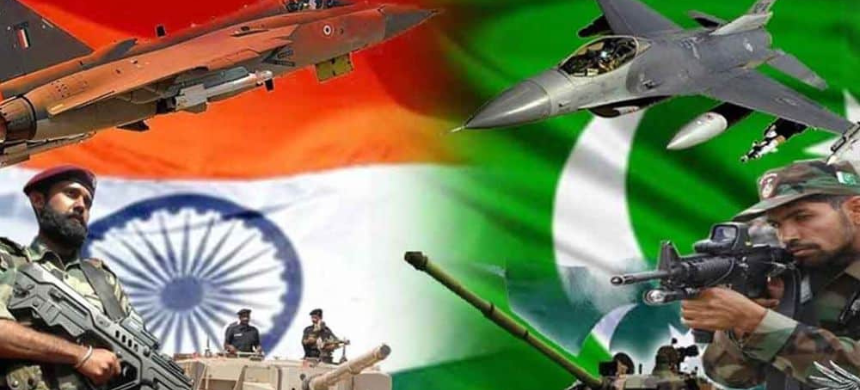The Indian Subcontinent is seemingly teetering on the brink of disaster, with a series of diplomatic setbacks and escalating tensions between Pakistan and India. The recent developments, marked by locked diplomacy rooms and high-level meetings, signal an increasing sense of uncertainty. Both nations seem to be swaying between the possibilities of peace and chaos, and the entire world is watching with growing concern.
Indian Prime Minister Narendra Modi’s security meeting, which granted the military “full operational freedom,” appears to be less about seeking justice for the Pahalgam incident and more about sending a message to his domestic electorate. This move is a stark reminder that the focus may not be on accountability or truth, but on portraying a strong, muscular response aimed at rallying public support. This is evident in India’s rejection of Pakistan’s offer for a neutral, transparent investigation into the incident, a gesture that could have paved the way for a more reasoned approach to the crisis.
Read more: Pakistan Expects Indian Strikes within 36 Hours, Vows Decisive Counter-Response
Pakistan, on the other hand, has consistently expressed its willingness to cooperate on the matter. As pointed out by Minister Ataullah Tarar, Islamabad has already proposed a neutral investigation by experts. However, India’s silence and refusal to engage in this offer underscore its reluctance to prioritize truth over political posturing. The rhetoric coming out of India, including unproven allegations and threats, further exacerbates the situation, making it clear that the Modi government is preparing for a response that is likely to be more about optics than substance.
What is more troubling, however, is the absence of dissenting voices within India. The opposition, instead of holding the government accountable, has largely backed Modi’s stance, offering a blank check for whatever measures are deemed necessary. This unity comes not from genuine consensus but from a collective failure to question the direction India is heading. The lack of critical discourse is troubling, particularly when one considers that Modi’s government has often found convenience in conflict, using crises to galvanize political support.
The real danger here is not necessarily an all-out war but the risk of miscalculation. A single wrong move—whether it’s a soldier pulling the trigger too soon or a jet crossing the line—could escalate into something far more devastating, a conflict that no one would be able to control. The world must recognize that every action India takes is a step away from dialogue and, ultimately, away from sanity.
The involvement of UN Secretary-General Antonio Guterres in offering mediation is a welcome step. However, mere words are not enough. Concrete action is needed, and both Pakistan and India must be brought to the table for meaningful talks. Without this, the potential for catastrophic miscalculation remains high.
In this high-stakes situation, those advocating for restraint and diplomacy must push both sides to use established communication channels, like the hotline, to deescalate tensions. Pakistan is prepared for any eventuality, but the larger question remains: are the global leaders, who seem to be mere spectators at this point, ready to face the far-reaching consequences of the region’s volatile situation?











